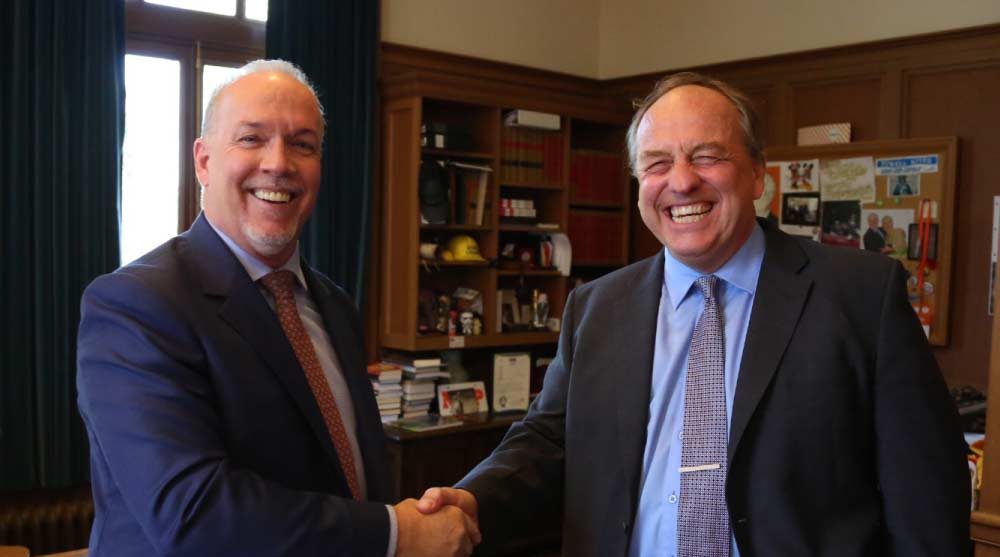
Party approves resolution to abolish hospital parking fees
By Atiba Nelson, Staff Reporter
Last week, the British Columbia New Democratic Party held their annual convention in Victoria to vote on resolutions that will form the party’s campaign platform for the next provincial election.
Along with resolutions concerning the party’s commitment to investing in child care, advocating for lower internet and mobile phone fees, and changing the voting age to 16, one other resolution made headlines: eliminating hospital parking fees.
Hospital parking fees have been a contentious issue in healthcare. A 2012 Canadian Medical Association Journal editorial by former Ottawa Neurologist Dr. Rajendra Kale called for the elimination of hospital parking fees as these fees were akin to a “user fee” for the hospital—which is forbidden under the Canada Health Act.
In New Westminster, Royal Columbia Hospital currently charges $4.25 hourly for patients, families, or visitors who park at any of the three lots on hospital property, with a day-rate of $11.25, and a 24-hour rate of $16.25.
Eagle Ridge Hospital, based in Port Moody, charges individuals who park on the hospital campus $3.50 per hour, and a daily rate of $9.50, with discounts for evenings and longer parking sessions.
Patient advocates state that hospital parking fees create an inherent barrier to the healthcare system and accessing care. Especially for emergency room patients, families of inpatients, and patients continually returning to the hospital for care, for example patients who receive biweekly dialysis treatment.
Parking fees tend to be a boon for hospitals, as many Canadian hospitals are facing increasing expenditures. Between April 2017 and March 2018, Fraser Health Authority—the Health Authority that operates both Royal Columbian and Eagle Ridge hospitals—made over $4 million dollars in hospital parking revenue—of which $1,983,000 was generated by parking fees at Royal Columbian Hospital.
To combat the price of parking and the obstacle it creates for patients, Fraser Health does have mechanisms by which patients can apply for financial hardship permits and each request is adjudicated on a case-by-case basis.
Also, some cities where hospitals are based are lessening the burden of pricey parking rates. Last year, Surrey City Council made 103 street parking spaces near Surrey Memorial Hospital—another Fraser Health Authority operated hospital—free of charge, for a limit of two hours to ensure that people don’t hog the spots and that there is adequate turnover.
The approval of free parking around BC’s second largest hospital will cost the City of Surrey $360,000 of lost revenue annually.


